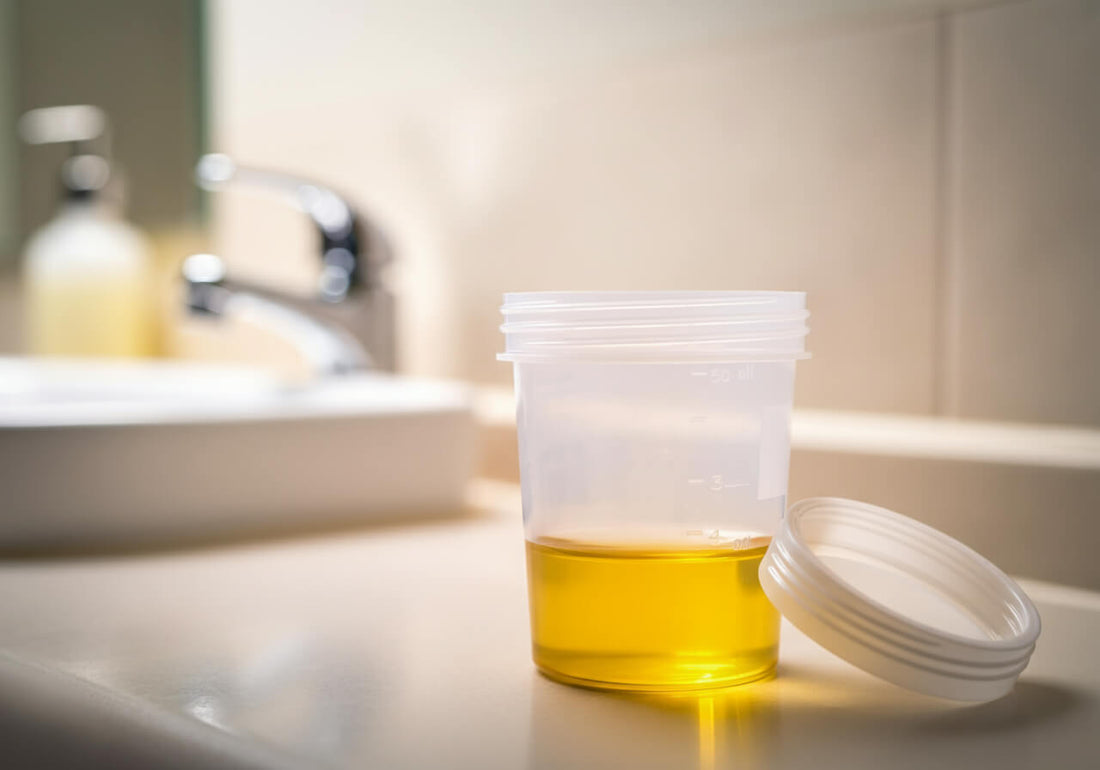What If I Have Leukocytes in Urine but No Nitrates?
 Written By
Yusela Aquino
Written By
Yusela Aquino

Leukocytes, or white blood cells, in your urine can be a surprising and concerning finding. These immune cells are typically present when your body is fighting off an infection or inflammation. However, it gets more puzzling when leukocytes are detected without nitrates—a combination often associated with urinary tract infections (UTIs). What does it mean, and should you be worried? Let’s unpack the possibilities.
Leukocytes and Nitrates: What’s the Connection?
In a typical urine test, the presence of both leukocytes and nitrates strongly suggests a bacterial UTI. Nitrate-positive results occur because certain bacteria, such as Escherichia coli (E. coli), convert nitrates naturally found in urine into nitrites. However, when nitrates are absent alongside leukocytes, the picture becomes more complex.
It’s important to note that leukocytes in urine don’t always mean infection. Inflammation, irritation, or other conditions can also cause white blood cells to appear in your urine.
Possible Causes of Leukocytes Without Nitrates
1. Sterile Pyuria
Sterile pyuria refers to the presence of white blood cells in the urine without detectable bacteria. This can happen with:
- Interstitial cystitis (a chronic bladder condition)
- Kidney stones causing irritation
- Recent antibiotic use that masked a UTI
- Viral infections
2. Contamination
In some cases, leukocytes may appear due to contamination, such as from skin, vaginal secretions, or improper sample collection. This doesn’t reflect a true urinary abnormality.
3. Inflammation Without Infection
Conditions like prostatitis, vulvovaginitis, or even irritation from hygiene products can cause leukocytes in urine without indicating an infection.
When Should You See a Doctor?
Leukocytes in urine without nitrates may resolve on their own if caused by temporary irritation or contamination. However, you should consult a healthcare provider if:
- You have persistent symptoms like pain, burning, or frequent urination
- You notice visible blood in your urine
- You experience fever, back pain, or abdominal discomfort
How Ribbon Checkup Can Help
Regular testing can help monitor changes in your urinary health, providing valuable insights into recurring symptoms or unexplained leukocytes in urine. Ribbon Checkup offers convenient at-home testing kits to track your health over time, ensuring you’re proactive about potential concerns.
Sources

Yusela is a medical student with a degree in Biology and a strong foundation in health communication. With experience in both research and clinical settings, she writes clear, evidence-informed content to help patients and caregivers better understand liver health, chronic disease, and transplant care.




